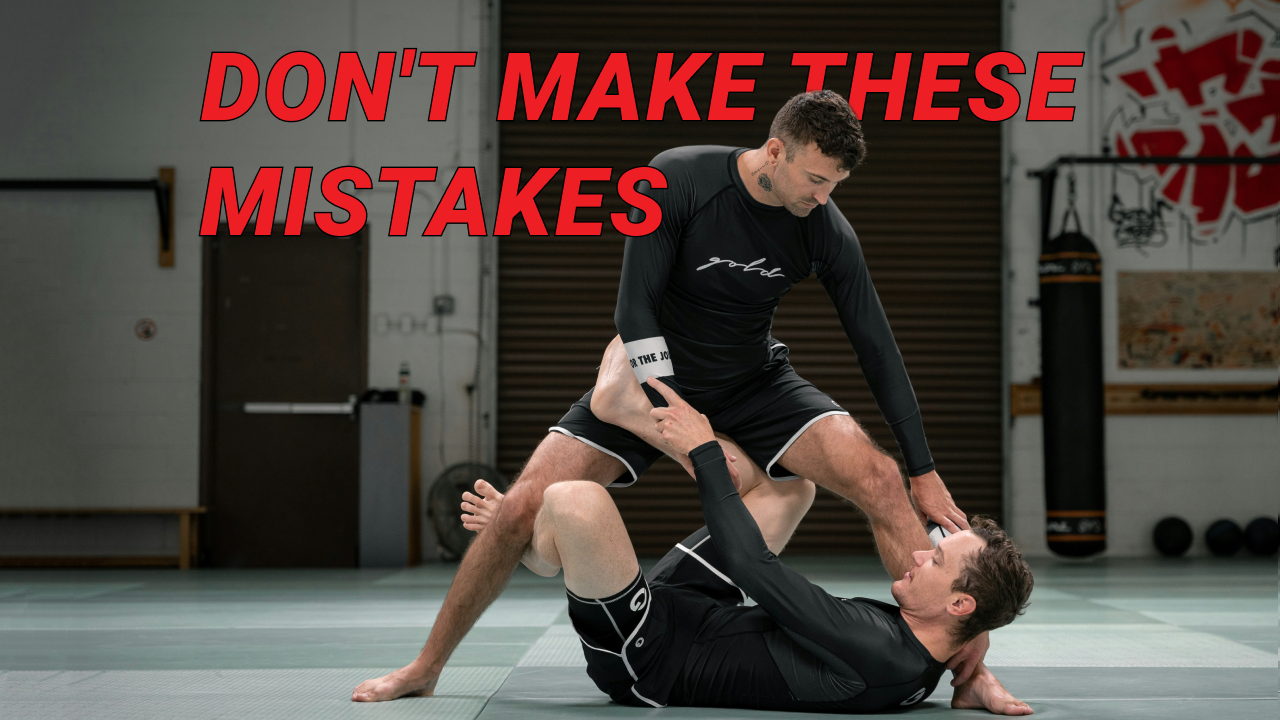Get Better Quicker

Learning a martial art takes time. While it may be easy to learn a single move or a few techniques to defend yourself in the event of an altercation, developing a systematic knowledge of self-defense and really learning the mechanics and dynamics of a fight is a lifelong process. However, how quickly you become good is not solely a function of how much time you can devote to training. It’s also about learning how to train efficiently and effectively.
Though there are no shortcuts that will allow you to advance from novice to expert, there are some pitfalls that can make the process take longer. Avoiding these pitfalls and, more importantly, developing good habits early on will ensure that you become a better fighter faster. Two of these habits are learning how to make the most of sparring sessions and focusing on the basics.
Learn How to Spar
Even if developing as a fighter is all about self-improvement, learning how to work well with other people from your class will make you better. Specifically with jiu-jitsu, there are an endless number of variations for different moves and even grips, and the more of these variations you see and the more distinct styles you encounter, the more comfortable you will be in any situation. Therefore, you should be trying to get as much out of your sparring sessions as possible. You should be learning from your partner, asking them questions when they surprise you, and using your time to figure out how to refine your technique.
A surefire way to not accomplish this is to treat every sparring session like it’s a matter of life or death. As Coach Firas Zahabi of Tristar Gym in Montreal notes in the above video, this was a lesson that he had to learn the hard way when he was younger, since he always went at 100%. On the one hand, no one in the gym wanted to spar with him because he treated every session as though it was a real fight. On the other, he ended up knocking his partners out, cutting short the amount of time that he was able to practice with another person. Ultimately, he wasn’t learning anything new.
Coach Firas later realized that sparring is not about dominating your partner; instead, it’s about refining your technique and trying new things. All too often, younger jiu-jitsu fighters learn one or two combinations of moves that work are really effective and use them all the time. This can be a good thing if they continue to develop additional fundamentals, but if they are afraid of being bested while sparring because they take it too seriously, there is a good chance that they will fall back into their comfort zone to avoid submission. Unfortunately, they may never leave that comfort zone, which means they won’t see any progress.
When you allow yourself to lose and to fail and to even get choked out when trying out a new technique or a new combination, you will eventually get better at them and become a more well-rounded fighter.
Stick to the Basics
Coach Firas also emphasizes the importance of sticking to the basics of a martial art. In the case of jiu-jitsu, this means learning the fundamental techniques that are taught to white belts, and then continuing to iterate and improve upon one’s ability to execute them. As John Danaher told Coach Firaz, these moves are fundamental to each level of fighting—from white belt to black belt.
This is a crucial point. It also means, if you do not have a firm grip on the basics and you have been training for five or six years, you will find yourself being regularly beaten by fighters who have been training for only two or three years but have strong fundamentals. To put it more bluntly: If you are not executing your fundamentals effectively and efficiently, you will lose to someone who is.
As Coach Firas explains, the basics make up the vast majority of virtually any fight. Even for black belts fighting at a tournament, at least 80% of the moves they employ are going to be techniques that they learned while they were white belts. They rely on these fundamental moves because they are the most effective and they allow fighters to put themselves in a position to submit their opponent.
Of course, the best way to develop and refine your fundamentals is through repetition and learning how to have productive sparring sessions. Taking this kind of approach, one that recognizes the importance of the basic elements of jiu-jitsu and the central place sparring has during training, will ultimately make you a more effective fighter and allow you to become better quicker.

